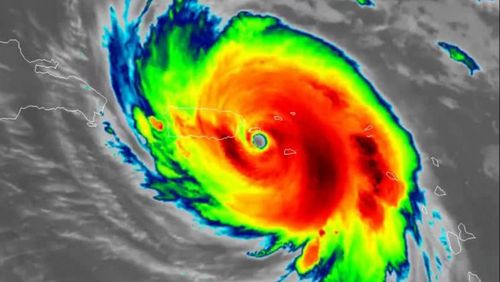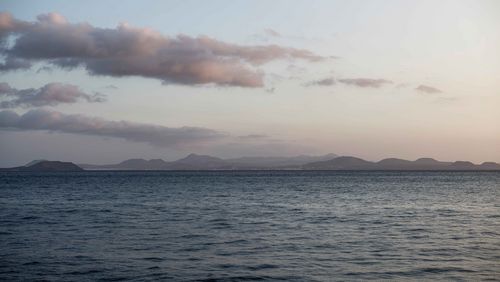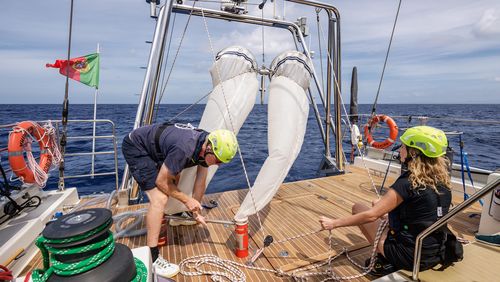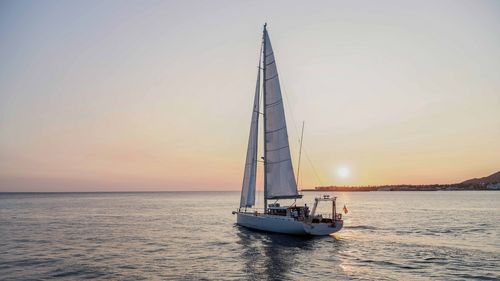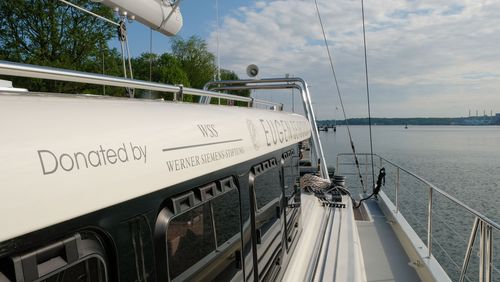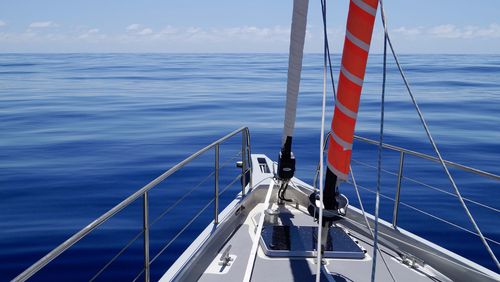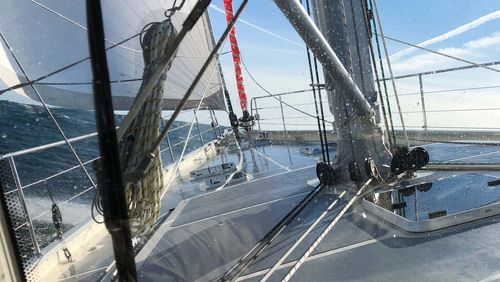
Research yacht Eugen Seibold
That climate change is affecting the world’s oceans is clear. The question is how quickly and dramatically the seas and their ecosystems are changing as a result. In order to conduct high-quality research over an extended period of time, it’s critical for a research vessel to operate emissions-free – so as not to contaminate the physical, chemical and biological samples collected.
The innovative idea to research the state of the world’s oceans using a lightweight, eco-friendly sailing yacht was realised thanks to funding from the Werner Siemens Foundation. Since 2019, a team of researchers aboard the sailing research platform Eugen Seibold have been studying the changing seas.
For a brief time, the sailing yacht Eugen Seibold was the property of the Werner Siemens Foundation. Then, on 20 August 2018, a ceremony was held in international waters off the coast of Norway to officially transfer ownership of the research vessel to the Eugen Seibold Foundation, which was established expressly for the purpose of operating the ship. The architect of the world’s greenest research vessel, Professor Gerald Haug, was highly pleased with the ship’s rather stormy maiden voyage, which led from the German city of Greifswald, up to Kristiansand in Norway, then back to Germany and the harbour in Bremerhaven. “The test run with winds of up to nine Beaufort was fantastic. The vessel proved entirely seaworthy.” After the initial voyage, the Eugen Seibold remained docked in Bremerhaven where all technical systems necessary for marine research were installed: the multisensor to register the physical, chemical and biological properties of the ocean’s waters (e.g. pH, temperature, salinity, chlorophyll); the mass spectrometer to analyse oxygen and carbon isotopes or to measure oxygen/argon; the flow cytometer to quantify the cells of microorganisms such as picoplankton, algae and bacteria; the “vacuum cleaner” to analyse the air’s chemical make-up and particles; computers to conduct an initial analysis of the data collected; and modern satellite communications technology.
In November 2018, the Eugen Seibold set sail on its first research mission. First, the six crew members sailed to the Canary Islands, where they had access to all the infrastructure they needed, including hotels, restaurants and a hospital – and a one-hundred-ton crane that, in a worst-case scenario, could raise the Eugen Seibold out of the water for repairs. This port is the home base for the crew, who will be spending the next ten years sampling all the different climate zones of the world’s seas. Their journeys will span from the tropical ocean waters south of the Cape Verde archipelago to the edge of the sea ice north of Iceland. The crew also plan to study the next major El Niño phenomenon in the Tropical Eastern Pacific. Thanks to the comprehensive data collected, marine researchers will have a solid scientific basis to chart the current condition of the oceans in our age of global warming. Over time, a picture of the changing seas will emerge.
Facts and figures
Support
The Werner Siemens Foundation financed the construction of the innovative research vessel Eugen Seibold. The Max Planck Institute will operate the vessel and interpret the data collected; in addition, positions for six postdocs, six doctoral students and one lab technician are funded.
Funding from the Werner Siemens Foundation
3.5 million euros
Project duration
2015–2018
Project leader
Prof. Dr Gerald Haug, director of the Max Planck Institute for Chemistry in Mainz and professor at ETH Zurich
Partners (selection)
Michael Schmidt Yachtbau GmbH,
Greifswald, Germany
Max Planck Institute for Chemistry
in Mainz, Germany
ETH Zurich, Switzerland
